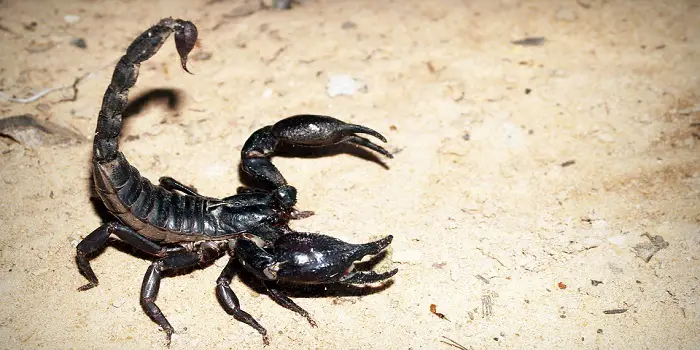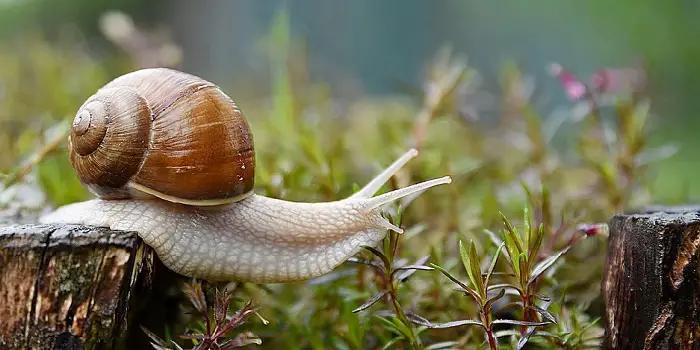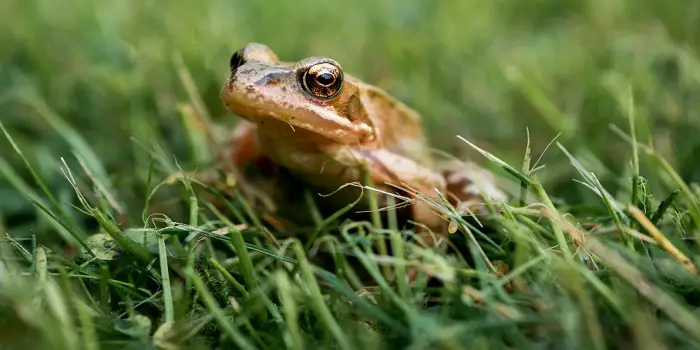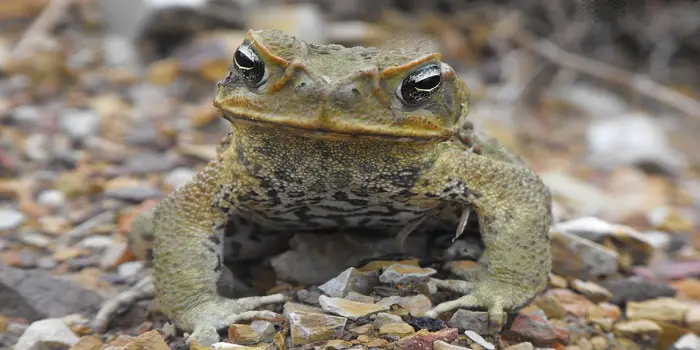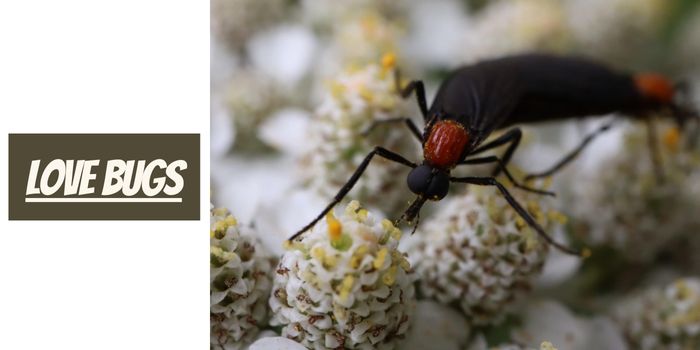
The love bug, more commonly known as the honeymoon fly or the double-headed bug, is classified under march flies and is related to biting midges and mosquitoes.
These pests often thrive in humid climates, particularly in Central America and parts of the Southern United States near the Gulf Coast.
The reason why lovebugs stick together and are named so is often related to their anatomy.
Lovebugs mate and can also fly by sticking together for hours, after which the male dies, and the female continues to carry his corpse around until she is ready to lay eggs.
The dead body serves as a nutrient-rich food source for the developing eggs.
While not harmful, these insects can be a pain. Particularly, if you live in a warm climate with high humidity, you’ll probably see them every year.
They have a tendency to fly into people’s windshields which can make driving difficult and dangerous at certain times of the year.
When they do emerge, it is usually en masse, leaving many wondering how to get rid of them quickly and efficiently.
So, here in this article, I will explain some of the best methods for getting rid of lovebugs, as well as steps you can take to prevent them from being a problem in the first place.
But before that, let’s go through some more details about these critters.
When is Lovebug Season?
Lovebugs are attracted to warm weather, making Florida and the other Gulf Coast States their ideal homes.
They typically travel in large groups during the spring and late summer seasons.
You might be wondering how long does lovebug season last.
The answer depends on the specific location and climate, but it usually lasts a few months.
Lovebugs first appear in the springtime, from April to May. Then they make another appearance in the later summer months, from August until September. Overall, their season can last up to four weeks in total.
What Attracts Lovebugs – Are They Dangerous?
Adult lovebugs primarily consume nectar from plants, so if you have numerous flowers in your yard, they’re more likely to be attracted to your property.
A couple of Flowers they’re especially fond of are sweet clover and goldenrod.
They also tend to like highway areas for various reasons: the warmth of the blacktop roads, bright lights, glossy paints of white cars, etc.
Car engines emit heat which attracts them as well as the exhaust fumes and vibrations vehicles make.
Additionally, lighter-colored cars appeal to them more than darker colors.
If you find these insects around your home, don’t fret.
They do not bite, sting, or carry any diseases and therefore are not poisonous to you, your children, plants, or your pets.
In fact, they’re actually helpful as natural recyclers. The adults don’t consume much, and the larvae only eat decaying materials, thus diminishing waste and turning dead plants back into nutrients for the soil and earth to thrive.
Lovebugs, before they reach adulthood, eat cut grass. By doing this, it returns nutrients back to the ground through their waste which allows plants to grow. Plus, they help in building a stable and healthy environment.
So, for those wondering if “are lovebugs beneficial in any way” – wonder no more!
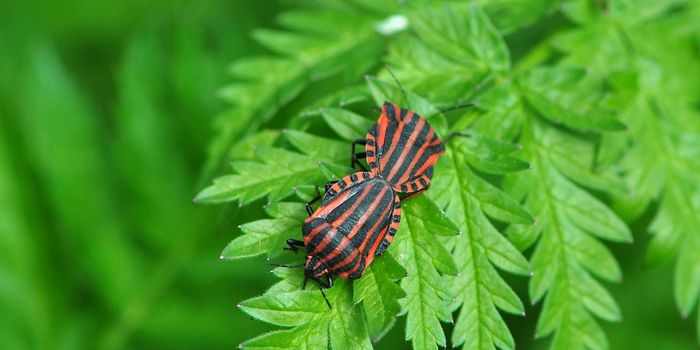
Lovebugs Keep Bugging – Here’s How to Control Them
One of the best ways to get rid of lovebugs in your house is to use warm soapy water.
- Combine warm water with citrus-scented dish soap in equal proportions.
- To this mixture, add a small amount of mouthwash, stirring or shaking the mixture very well until it’s mixed thoroughly, then pour it into a spray bottle.
- Squirt liberal amounts around your house, taking care to hit all walls as well as plants both inside and outside.
- The powerful smell of this homemade recipe will repel lovebugs effectively without harming them in any way.
In your patio area or indoors, you can also use mosquito-repelling scent candles to keep these insects away.
Since these critters hate the smell of citruses like lemon and orange, it’s good to use these scents to make your own repellent candle at home or buy readymade candles from the market.
Getting rid of lovebugs in your yard
If you mow your lawn regularly, it will stop insects from moving onto your property. Get rid of any dead leaves, sticks, and grass, as this is their food source.
Then, spray the mixture around the edges of your yard.
Be especially careful with anywhere that has flowers, as they are attracted to nectar which can then cause adult lovebugs to lay their eggs nearby.
There are also many different types of pesticides available on the market, so make sure to choose one that is specifically designed to remove lovebugs.
Remember that these bugs don’t have extensive lifespans in most scenarios, so you won’t need to kill them.
If you are desperate for faster results, though, the following products work like magic:
- Garden Safe Insecticidal
- Ben’s 100 Insect Repellent
- Ortho Home Defense Insect Barrier
The Conclusion
Lovebugs are often found conjoined and stuck because of their reproductive habits.
These insects’ lifespan is so short—a few days—that you don’t need to worry about them for long.
Without any help, lovebugs will die quickly on their own, but following the steps above and using citrus scents that they hate most will help you get rid of them quickly if you are really fed up with them.
Generally, you need not hire professional help for lovebugs unless the infestation is massive and the situation is out of control.
Share the post "Why are Love Bugs Stuck Together – How to Get Rid of Them?"

Welcome to ProShieldPest.com. I am Tina Jones. I have been working as a pest removal professional in Winslow, Arizona lately. At present, I love to spend my time with my family as a retiree.
Here I share all my knowledge and experiences to help people understand better how they can stop pests at their homes without actually killing them. Hopefully, the information you will find here will help in safeguarding your home! You can check more about me here.

